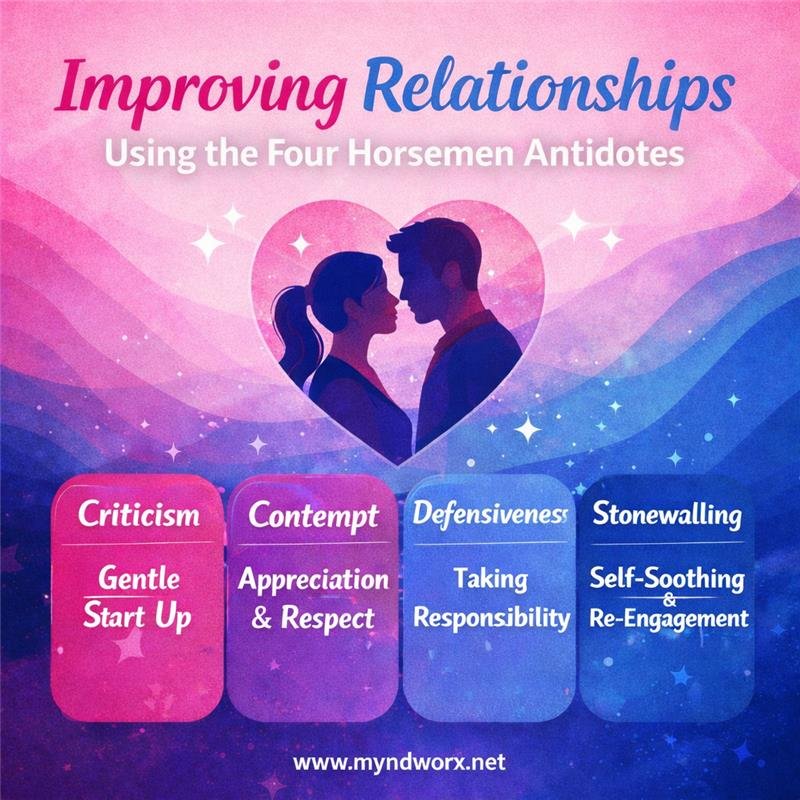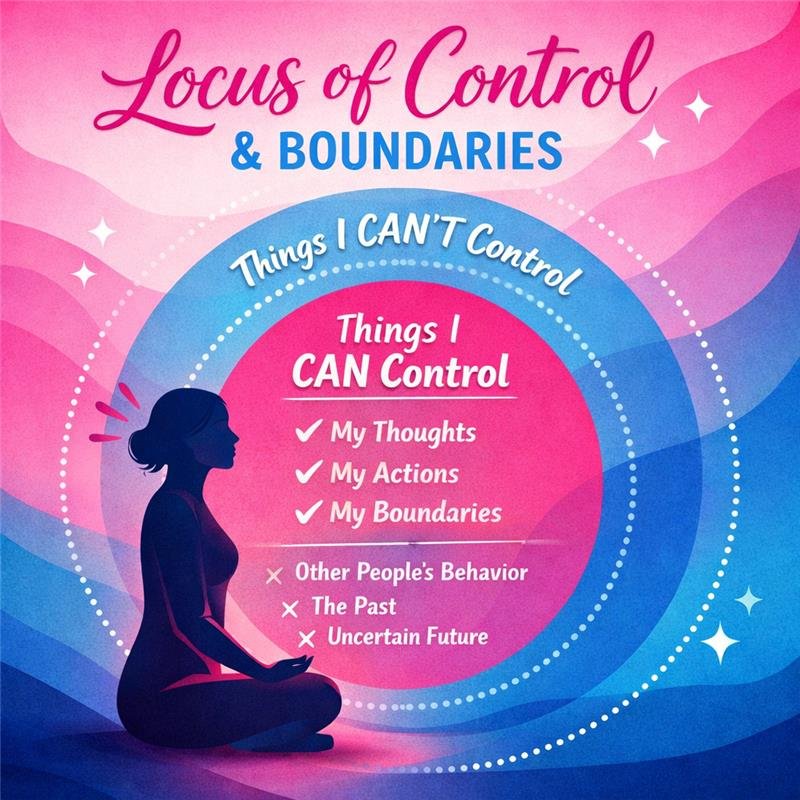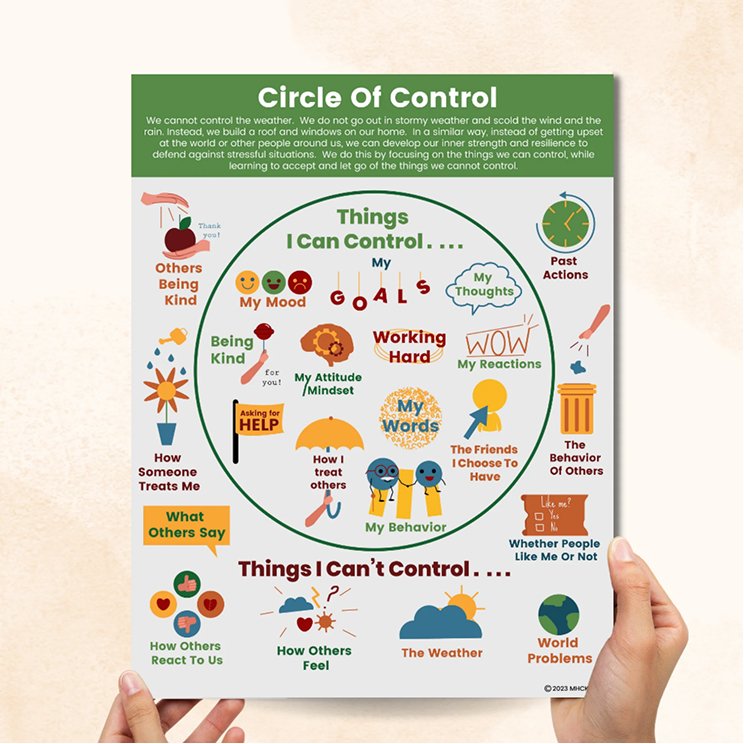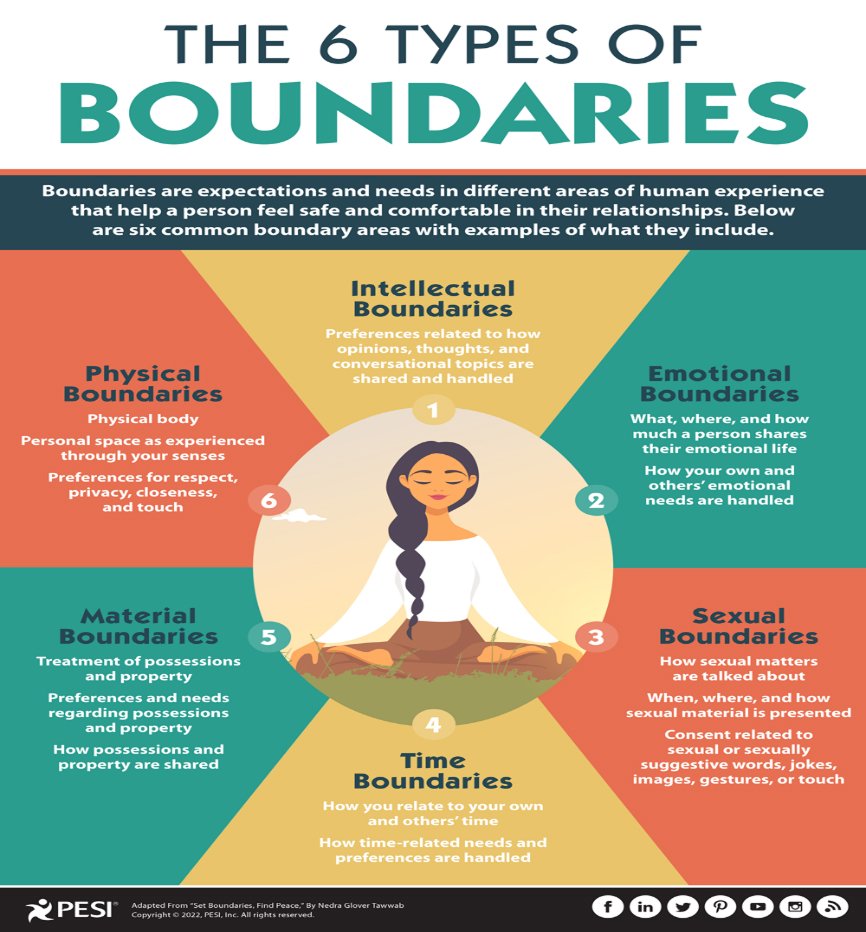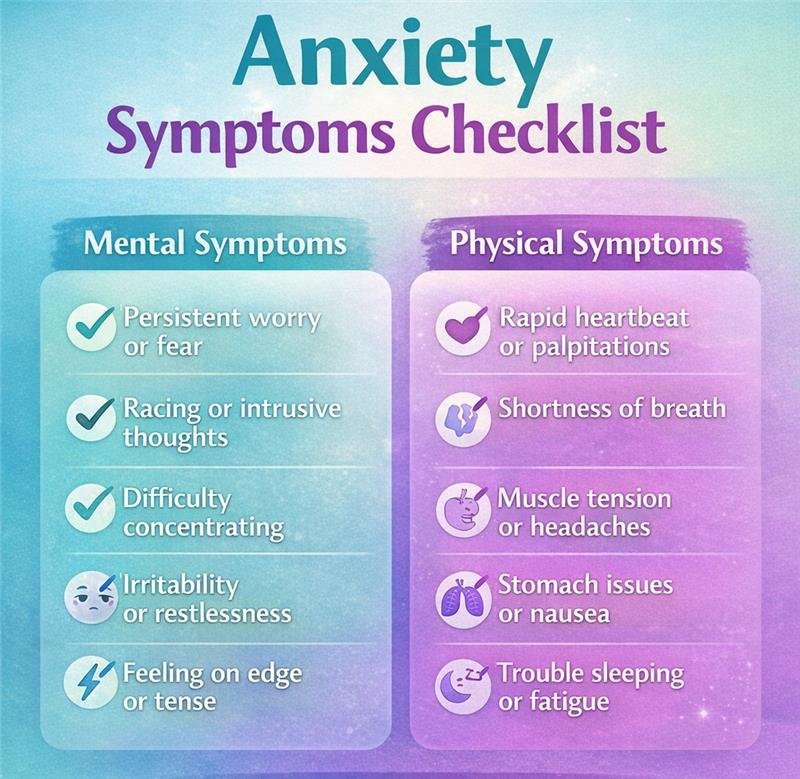In today’s culture, the act of cutting someone off is often portrayed as an empowered response to conflict or discomfort. However, this tendency raises an important question: Are we truly setting healthy boundaries, or are we engaging in relational avoidance and emotional reactivity?
The rise of cancel culture, ghosting, and impulsive boundary-setting has contributed to a pattern in which relationships are often severed without attempts at repair, reflection, or growth. While protecting one’s mental health is a valid and necessary priority, chronic avoidance of discomfort can lead to long-term emotional consequences and relational instability.
This article explores how these patterns play out in real life and how we can approach boundaries with thoughtfulness and emotional maturity, preserving our well-being without sacrificing meaningful relationships.
Cancel Culture and the Illusion of Control
Originally intended to hold public figures accountable for harmful behaviors, cancel culture has increasingly made its way into interpersonal dynamics. It is now common for individuals to be “canceled” not just for egregious actions but also for differences of opinion, personality conflicts, or missteps.
While accountability is essential, canceling often becomes a reactive defense mechanism rather than a constructive response. Psychologically, canceling can offer a false sense of control in moments when individuals feel powerless or hurt. It bypasses the discomfort of confrontation, forgiveness, or empathy, and reinforces black-and-white thinking—dividing people into categories of “good” or “bad” without room for nuance.
The mental health impact of this mindset can be significant. It often leaves individuals with unresolved emotions, internalized guilt, or a heightened sense of distrust. In extreme cases, it fosters environments where mistakes are met with rejection rather than opportunities for repair or understanding.
Healthy Boundaries vs. Avoidance and Flight
Many people conflate boundary-setting with emotional withdrawal. While a healthy boundary is thoughtful, clear, and centered on self-awareness, emotional flight often involves cutting off communication, avoiding discomfort, or acting out of fear or frustration. Below are examples of how these dynamics can appear in various scenarios.
Conflict with a Friend
A healthy boundary might sound like: “I care about our friendship, but the way you spoke to me felt hurtful. I need a little space to process before we talk again.”
In contrast, avoidance looks like ghosting or blocking the person without explanation, driven by discomfort rather than thoughtful intention.
Feeling Overwhelmed at Work
A boundary could be: “I’m at capacity and can’t take on another project right now. Let’s revisit it next month.”
Avoidance may involve procrastination, ignoring responsibilities, or taking unplanned time off without communication.
Relationship Tension
Healthy communication sounds like: “I feel unsupported when I’m struggling. Can we talk about how we support each other?”
Flight might look like ending the relationship abruptly without discussing the underlying issues.
Family Pressure
Setting a boundary could mean saying: “I’m not comfortable discussing my personal life at family gatherings. If it continues, I’ll need to step away.”
Avoidance might include skipping all family events or cutting off communication indefinitely.
Needing Time Alone
A self-aware boundary might be: “I need a quiet night to recharge, but I’d love to connect later this week.”
Avoidance could manifest as repeatedly canceling plans or going silent without explanation.
Social Media and Emotional Triggers
A boundary might be: “I’m going offline for a few days. The content has been overwhelming, and I need a break.”
Avoidance could involve impulsively blocking others, deleting accounts, or reacting in anger without addressing the underlying emotional response.
The key differences between healthy boundaries and avoidance lie in intention, communication, and emotional regulation. Healthy boundaries are clear, self-focused, and respectful of both parties. Avoidance is typically impulsive, reactive, and leaves relationships damaged or unresolved.
Unhealthy Boundaries: Control Disguised as Protection
Not all “boundaries” are healthy. Some are attempts to control others or to manage internal distress without genuine communication or reflection. Recognizing these patterns is essential to maintaining integrity in how we relate to others.
Boundaries as Ultimatums
Examples include: “If you talk to them again, I’m done,” or “Go to therapy or I’ll leave.” These statements often come from a place of fear and control rather than self-respect. They shut down conversation and impose conditional acceptance.
Boundaries Meant to Change Others
Statements like “You need to stop making me feel bad,” or “I need you to change how you talk” place responsibility for one’s emotional experience onto someone else. Healthy boundaries focus on self-action rather than modifying others.
Boundaries as Punishment
Examples include blocking someone after a disagreement or ignoring a person to “teach them a lesson.” These behaviors are often mislabeled as boundaries but are in fact manipulative tactics rooted in emotional reactivity.
Overgeneralized Boundaries
Statements such as “I don’t tolerate drama” or “No toxic energy allowed” are often vague and subjective. They can be used to dismiss others without clarifying personal needs or values, limiting meaningful dialogue.
Avoidance Framed as Boundaries
Disappearing after conflict, ending relationships without communication, or ghosting are all examples of avoidance disguised as boundary-setting. These actions prevent healing and leave emotional wounds unaddressed.
What Healthy Boundaries Sound Like
Healthy boundaries are rooted in clarity and emotional maturity. They often sound like:
- “If the conversation becomes disrespectful, I will end the call.”
- “I prefer not to discuss that topic. I’ll step away if it continues.”
- “I need some time to calm down before we revisit this conversation.”
These boundaries clearly express personal limits and outline what the individual will do to maintain their well-being. They are not about punishing others or controlling outcomes, but about preserving mutual respect.
Mental Health Consequences of Burning Bridges
Chronic avoidance and the repeated cutting off of relationships can carry significant emotional and psychological costs.
- Loneliness and Isolation: While it may feel protective in the moment, consistent disconnection can lead to a profound sense of loneliness.
- Hypervigilance and Distrust: Avoidance may stem from fear of being hurt again, but it can also create a barrier to forming new, trusting relationships.
- Emotional Exhaustion: Severing ties takes emotional energy, especially when it happens repeatedly. It can lead to burnout and emotional numbness.
- Unprocessed Grief: Ending a relationship abruptly often leaves complex feelings unresolved, which may reemerge unexpectedly.
How to Set Boundaries Without Burning Bridges
Not every relationship is meant to last, but not every conflict requires total disconnection. The following strategies can help distinguish between healthy disengagement and impulsive cutoffs:
- Pause Before Acting
Take time to reflect on whether your decision is grounded in self-care or emotional reactivity. Avoid making permanent choices based on temporary emotions. - Express Your Needs Clearly
Consider saying: “I need time to think,” or “That didn’t sit well with me—can we talk about it?” These open the door for dialogue and mutual understanding. - Accept Discomfort as Part of Growth
Conflict and emotional tension are part of healthy, evolving relationships. Avoiding them often hinders growth and self-awareness. - Exit with Integrity When Necessary
If a relationship is no longer safe or supportive, it is possible to end it respectfully. For example: “This relationship no longer serves me, and I’m choosing to step away.” - Seek Support
If you notice a pattern of relational avoidance or difficulty managing boundaries, working with a therapist can provide valuable insight and guidance.
Conclusion
Protecting your mental health is essential, but it is equally important to understand the difference between boundaries and barriers. Cancel culture, emotional flight, and avoidance offer short-term relief, but often prevent deeper healing and connection.
Healthy relationships require effort, reflection, and the willingness to navigate discomfort. The goal is not to remain in every relationship, but to move through conflict with integrity, and when necessary, walk away in ways that preserve both your dignity and your peace.

